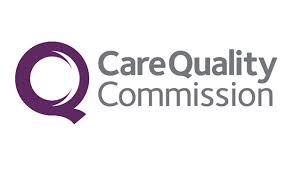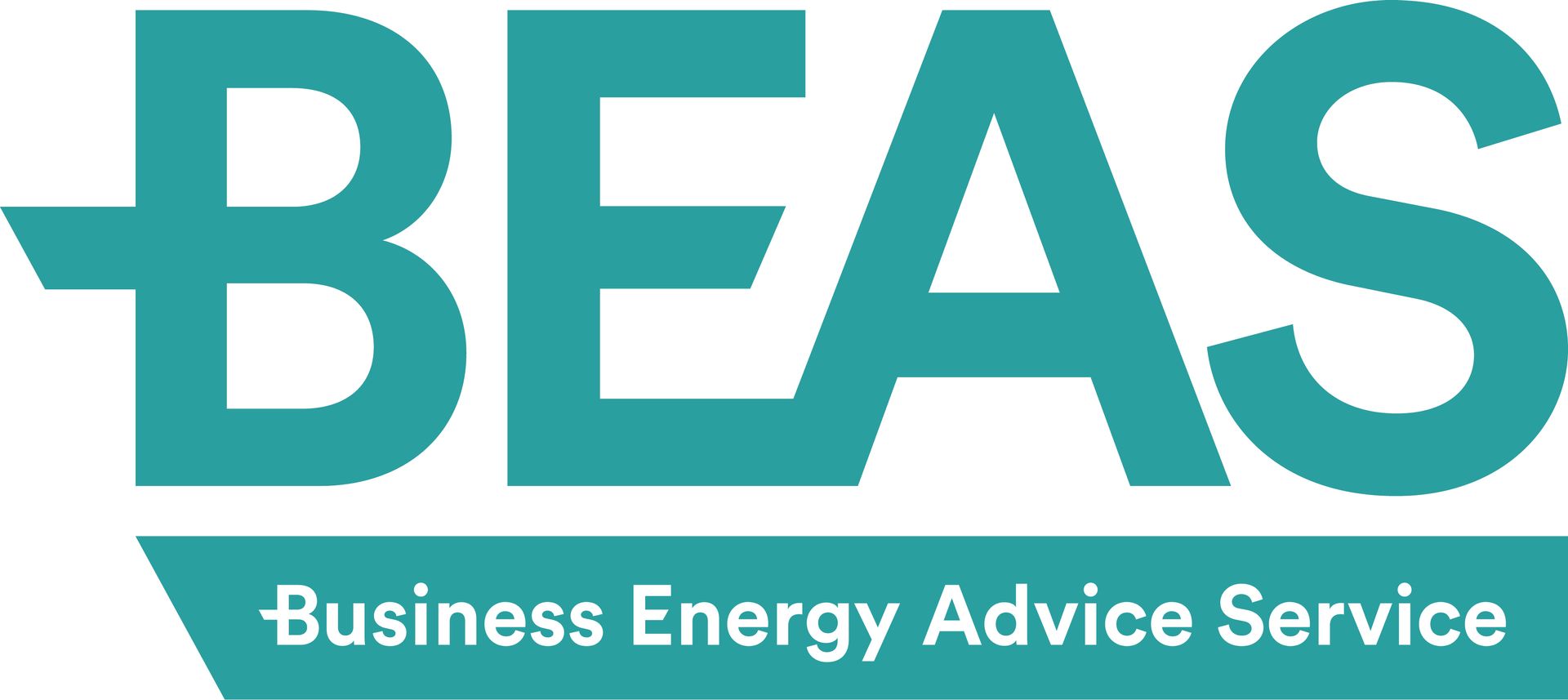CQC launches Better regulation, better care consultation
Today we have launched a public consultation on our proposals to improve how we assess health and care services, make judgements, and award ratings.
The consultation builds on our earlier engagement, including 5 external roadshows and a series of meetings and workshops with a wide range of stakeholders. These events, alongside other stakeholder meetings and engagement sessions, have given us valuable early insights that have helped shape and co-design the proposals we are now putting forward.
The proposals in the consultation aim to address the concerns raised in external reviews of our current ways of working, from Dr Penny Dash, Professor Sir Mike Richards, and the Care Provider Alliance. The changes aim to create a clearer, simpler, and more trusted framework, built through engagement, collaboration, and co‑design with those who deliver and use services.
What’s changing?
The proposed changes fall into 2 main areas:
Developing our frameworks and guidance for assessing providers
- Re-introducing rating characteristics
These are clear descriptions of what each rating level (such as good or requires improvement) looks like in practice. They will help to provide a better understanding of what each rating means. - Replacing quality statements with assessment questions
These questions will be similar to the previous key lines of enquiry (KLOEs) and will support the rating characteristics by guiding how we assess quality. - Developing sector-specific frameworks
These will include detailed content and guidance tailored to a specific health or care sector, so providers can better understand our expectations for their sector, as well as consistent core content that would be included across all frameworks. - Simplifying the content of the frameworks
We’ll remove duplicate or overlapping content and make the language clearer and easier to apply in practice.
Improving how we assess and rate providers
We are also proposing changes to simplify how we make judgements and award ratings, including strengthening the role of professional judgement.
- Making judgements at the key question level
We propose to make judgements directly at the key question level with reference to the rating characteristics. We will no longer award lower-level scores to drive our key question ratings. - Potential changes to how we rate NHS trusts
Specifically, we are asking for feedback on: - Re-introducing an overall quality rating for each NHS trust
- Introducing trust-level ratings for all 5 key questions
- Whether to remove location-level ratings.
Have your say
We are committed to ensuring that the changes and key decisions we make are informed by a diverse range of stakeholders, and we encourage you to get involved and have your say.
Alongside this public consultation, we are also engaging on proposed changes to the current assessment framework. The aim is to simplify and streamline the framework to be more specific and relevant to the health and care sectors that we regulate.
Public consultation
The quickest and easiest way to respond is through our online form.
Who it's for
Open to everyone, including providers, professionals, partner organisations, people who use services, and members of the public.
How to respond
Read the consultation document and submit your response through our online platform.
Deadline
Please respond by 5pm on 11 December 2025.
Targeted consultation
Alongside the public consultation, we’ll be holding focused engagement sessions to hear the voices of people with lived experience and those working across the sectors we regulate. This activity will be focused on developing sector-specific frameworks and informing ratings characteristics.
The feedback received throughout the targeted consultation will be included in shaping decisions and will complement the public consultation by adding depth and practical insight.
Who it's for
People working at all levels in health and social care services, people who use services, carers, CQC staff and national stakeholders.
How to take part
Sign up to our bulletins to receive the latest on upcoming opportunities on how to take part.
Next steps
We will analyse and consider the feedback and publish a response to explain how it helped shape our decisions.
This consultation is part of our wider work to strengthen how we regulate and ensure people receive safe and effective care.
In line with our duties under the Equality Act 2010, we have published an equality impact assessment alongside the consultation. We will use the feedback from this to help develop our work




















